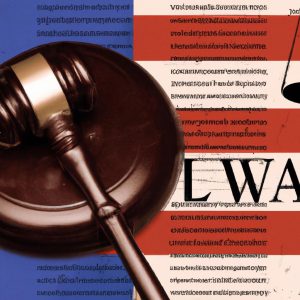Four Key Considerations in Estate Planning in New York
Estate planning is a vital process that allows individuals to protect their assets and provide for their loved ones after they’re gone. In New York, estate planning involves unique considerations and strategies you should know. Here are four key factors to consider when planning your estate in the Empire State:
1. Understanding New York State Laws
New York has specific laws governing wills, trusts, and probate that differ from other states. It’s crucial to understand the intricacies of these laws to ensure that your estate plan complies with New York regulations. Consulting with an experienced estate planning attorney who specializes in New York State law is highly recommended. They can help you navigate the legal landscape and create a plan tailored to your needs.
2. Asset Protection and Medicaid Planning
Asset protection is a significant concern for many individuals, especially those planning for long-term care and Medicaid eligibility. New York has stringent Medicaid rules, and failing to plan properly can lead to the depletion of your assets. Estate planning strategies, such as Medicaid Asset Protection Trusts (MAPTs), can help shield your assets while allowing you to qualify for Medicaid benefits when needed.
3. Minimizing Estate Taxes
New York has its own estate tax system with exemption limits that are lower than federal limits. Careful estate planning can help minimize estate taxes and ensure that more of your assets go to your beneficiaries instead of the government. Strategies like gifting, creating irrevocable trusts, and taking advantage of available exemptions can be part of an effective tax reduction plan.
4. Beneficiary Designations and Non-Probate Assets
Not all assets go through probate, and beneficiary designations play a crucial role in estate planning. Assets like life insurance policies, retirement accounts, and payable-on-death (POD) bank accounts pass directly to named beneficiaries, bypassing probate. Ensuring that your beneficiary designations are up to date and align with your overall estate plan is essential for a seamless transfer of assets.
Conclusion
Estate planning in New York requires careful consideration of state laws, asset protection, tax implications, and beneficiary designations. By working with a knowledgeable estate planning attorney, you can create a comprehensive plan that protects your assets, reduces tax liabilities, and ensures your wishes are carried out. At Morgan Legal Group, we specialize in New York State law and offer expert guidance in estate planning and asset protection. Contact us today to start planning for your future and the security of your loved ones.





